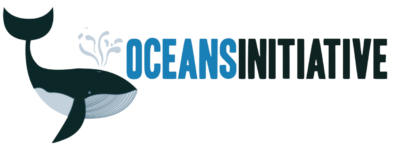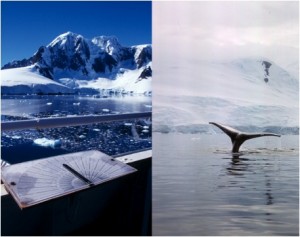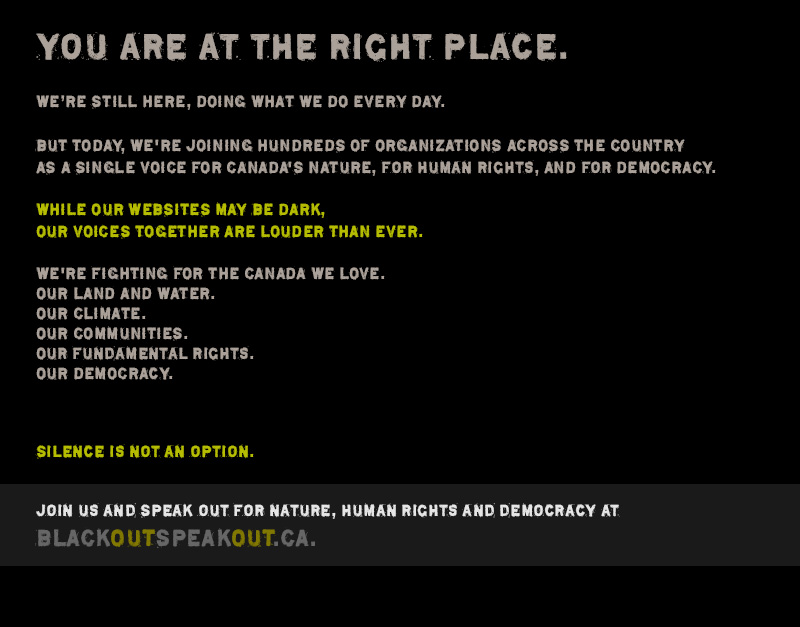We get asked that question a lot.
Today, we saw the best answer possible to that question, in E.O. Wilson’s amazing TED talk, called “Advice to Young Scientists”. We’ll wait while you watch it.
Wilson outlines the lessons learned from his career in interdisciplinary science as a series of basic principles, but the most important one is this:
Don’t worry if you love biology but are afraid of math.
You can learn math the way you learn any other language. You can earn excellence in your field, whatever your level of statistical expertise. And you can always find statisticians to collaborate with.
Which is the answer to our Scottish-Canadian mismatch question. Yes, our whales are in Canada, but some of the world’s best statisticians who work on conservation biology work at the University of St Andrews. We’re extraordinarily lucky to work with them, and extraordinarily grateful that these statisticians are interested in the biology we do. And when these statisticians offered to help us spend 2 years improving the science we do, so we can better protect the whales and dolphins we study, we leapt at the chance.
The Pacific Northwest is special too. We could do field work or analysis anywhere, but it’s only in British Columbia where our field work is integrated seamlessly into our everyday lives. We’re looking forward to getting back to the field briefly next month, and on a more permanent basis when we move back home in December.
Wilson also outlined a principle about choosing ideal study animals and research questions. He believes that for every problem in science, there is a species ideally suited to study that problem. Conversely, for every species you study, there is an important scientific problem for which that species offers an opportunity to develop a solution.
Our primary study animals (killer whales & Pacific white-sided dolphins) represent a great span from data-rich to data-sparse systems, and the other species we study (e.g., fin & humpback whales, sharks & mola mola) are intermediate points along that spectrum. With resident killer whales, we’re constantly running into the need to do analyses that take into account how much is known about these animals. It becomes a challenge to make our studies sufficiently generic that they can be applied to other populations of whales around the world. Pacific white-sided dolphins, on the other hand, represent much more of a blank canvas. All of the research that we do on them feels pioneering. Discoveries hide around every corner. Just getting enough data points to fit a simple statistical model can be a challenge. But this tension — between well studied and poorly studied animals, or between rare or abundant populations — is the fascinating and exciting part of our work. It’s our passion.
But passion takes work too. We think that Julia Child said it best:
“Find something you’re passionate about and keep tremendously interested in it.”
That last bit — keep interested — is the key. In any field of science (or when perfecting your boeuf bourguignon recipe), the novelty wears off quickly. You have to sustain it, and that’s hard work. It can also be expensive work. Science, like fashion, has its trends, and it can be tempting to follow those trends. Funders and scientific journal editors like it when you follow those trends by placing your research questions in the context of the latest hot topic. It can help you build a solid and safe career. But there is something inordinately satisfying about creating your own trend. We start every project by finding out what’s already being done by our colleagues, and we try to explore new territory. Because we find funding for every project we do, and because the animals we study face so many competing conservation threats, it is important to us that we not reinvent the wheel. We deliberately seek out the margins, and that can feel a bit uncomfortable at times. We were thrilled to hear Professor Wilson address this in his TED talk: in the military, there is a famous saying that soldiers should follow the sound of the guns. In science, Wilson encourages us to move in the opposite direction of the guns. He says,
“Don’t follow the fray. Make your own fray.”
Thanks for helping us to make our own fray.



